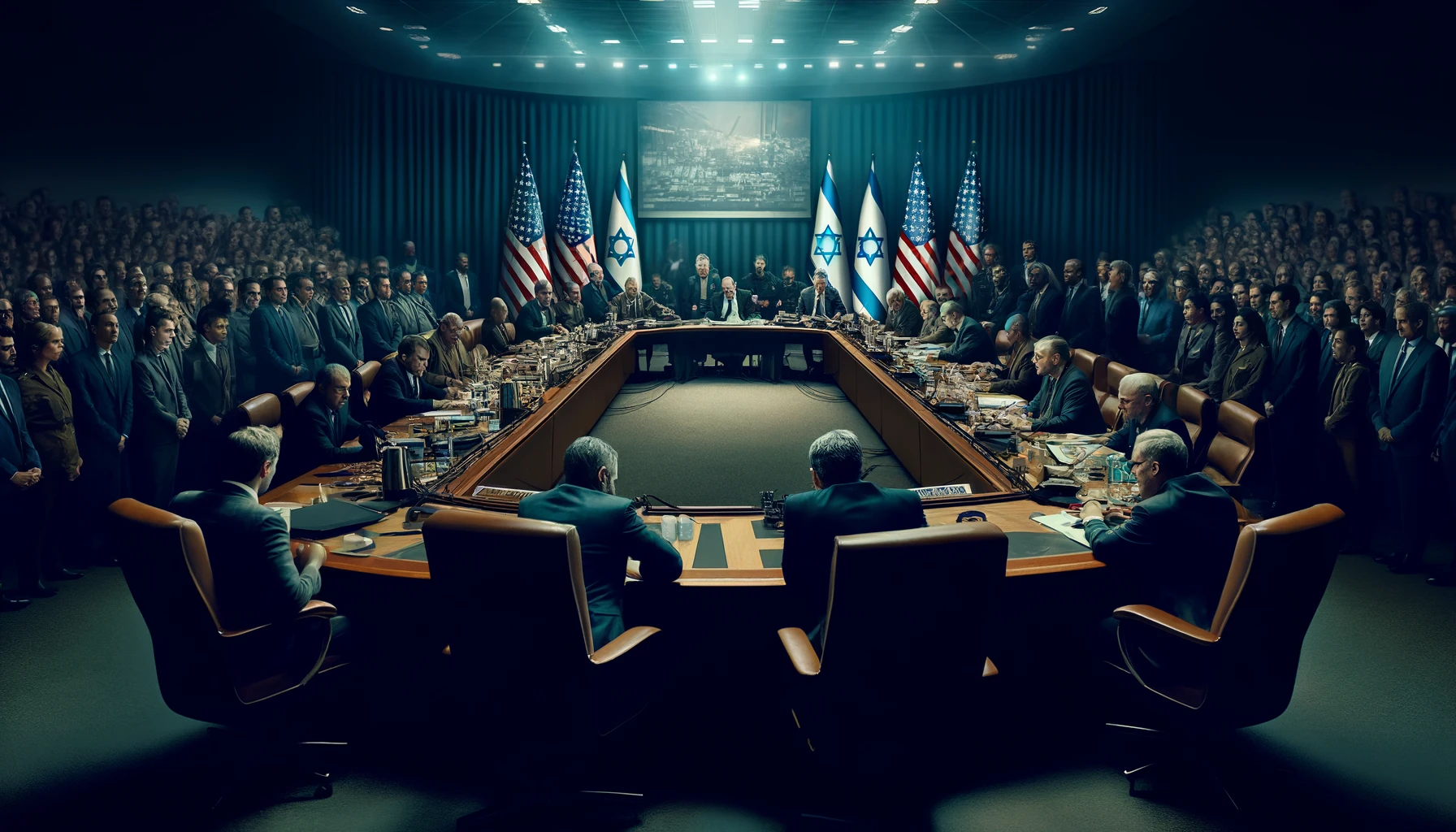The United States is a beacon of democracy, diversity, and freedom, where people from various backgrounds and religions coexist and contribute to the country’s rich tapestry. Muslim Americans, representing different sects, have made significant contributions to the nation’s social, economic, and political landscape. The US Constitution ensures equal rights and protection for all citizens, regardless of their religious affiliations. This article delves into how Muslim sects, including Sunnis, Shias, Ismailis, and Ahmadis (often referred to as Qadianis), enjoy equal rights and freedoms in the United States.
Constitutional Guarantees
The First Amendment to the US Constitution guarantees the free exercise of religion, ensuring that all citizens can practice their faith without fear of persecution or discrimination. This fundamental right is extended to all Muslim sects, allowing them to maintain their beliefs, practices, and traditions without interference from the state. The Constitution’s framers envisioned a nation where people could worship freely, without fear of reprisal or coercion.
Social Harmony
Muslim Americans from various sects have formed a vibrant and diverse community, with many organizations and institutions promoting interfaith dialogue and understanding. Mosques, Islamic centers, and community organizations provide a platform for social interaction, cultural exchange, and religious education. This social harmony is a testament to the country’s commitment to religious pluralism and coexistence. Muslim Americans have established strong relationships with people of other faiths, fostering a spirit of mutual respect and cooperation.
Legal Protections
Federal and state laws protect Muslim Americans from discrimination in employment, education, housing, and public accommodations. The Civil Rights Act of 1964 and the Religious Land Use and Institutionalized Persons Act (RLUIPA) of 2000 safeguard the rights of individuals to practice their faith without fear of reprisal. These legal protections ensure that Muslim sects can establish and maintain their places of worship, schools, and community centers without hindrance. Law enforcement agencies and courts take allegations of discrimination and hate crimes seriously, investigating and prosecuting such cases to the fullest extent.
Civic Engagement
Muslim Americans are actively engaged in the country’s political and social landscape. They participate in elections, hold public office, and contribute to various fields, including medicine, science, technology, and the arts. This civic engagement is a reflection of the community’s commitment to the values of democracy, freedom, and equality. Muslim Americans serve on city councils, in state legislatures, and in Congress, ensuring that their voices are heard and their perspectives are represented.
Community Organizations
Numerous organizations, such as the Council on American-Islamic Relations (CAIR), the Islamic Society of North America (ISNA), and the Muslim Public Affairs Council (MPAC), promote the rights and interests of Muslim Americans. These organizations advocate for policies that protect the community’s civil liberties, challenge discrimination, and foster greater understanding and inclusion. They also provide social services, education, and cultural programs, enriching the lives of Muslim Americans and the broader community.
Challenges and Opportunities
While Muslim Americans enjoy equal rights and protections, they still face challenges related to discrimination, Islamophobia, and stereotyping. However, these obstacles have also created opportunities for growth, dialogue, and greater understanding. Muslim communities have come together to promote awareness, education, and advocacy, fostering a more inclusive and compassionate society. Interfaith initiatives, community outreach programs, and media engagement have helped to dispel misconceptions and build bridges between communities.
Conclusion
The United States has made significant strides in ensuring equal rights and protections for all Muslim sects, including Sunnis, Shias, Ismailis, and Ahmadis. The country’s constitutional guarantees, social harmony, legal protections, and civic engagement have created a vibrant and diverse Muslim-American community. While challenges persist, the community’s resilience, determination, and commitment to democratic values continue to promote a culture of inclusivity and respect for all. As the nation moves forward, it is essential to continue promoting understanding, challenging discrimination, and celebrating the rich diversity that makes America strong.









